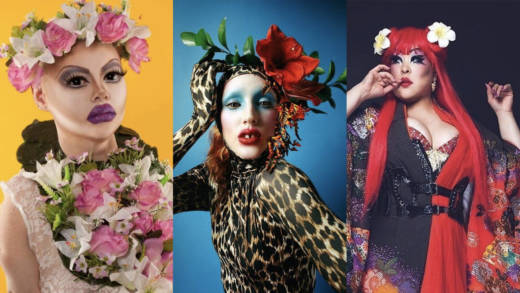When the announcement was made that RuPaul's Drag Race was getting a British version, the response on social media was rapturous. But as the search for queens got underway, criticism from the country's tight-knit drag community started to seep into the conversation. In critics' sights was the limited gender spectrum that has so far been presented on Drag Race, as well as comments RuPaul made (and later apologized for) in The Guardian in March 2018. "Drag loses its sense of danger and its sense of irony," Ru said, "once it’s not men doing it."
In December, cis female drag performer Lacey Lou wrote in an article for Gay Star Times: "The lack of representation of groups such as drag kings, cisgender women [and] transgender women... make [Drag Race] damaging and out of sync with what’s actually happening in local communities. We don’t need RPDR in the UK, not as it is right now... Drag competitions should be based on talent, not on genitalia."


